Collection: Well Water Treatment Ireland
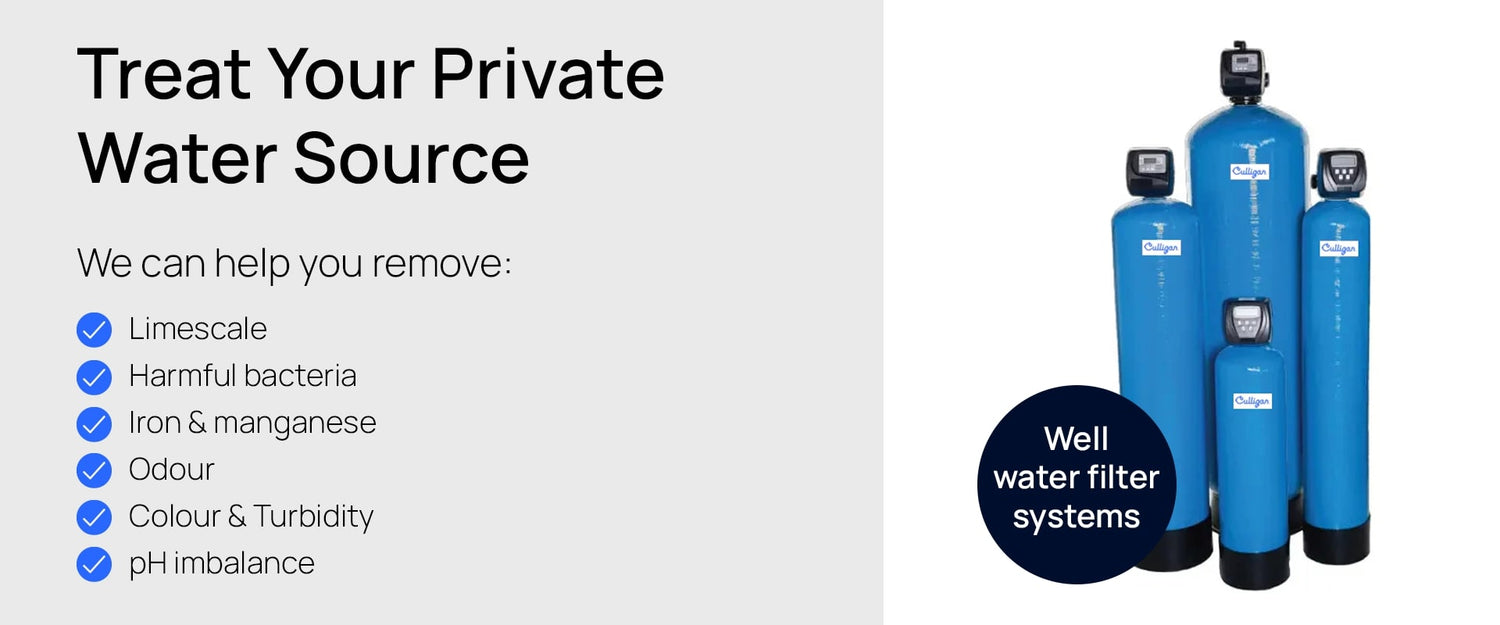
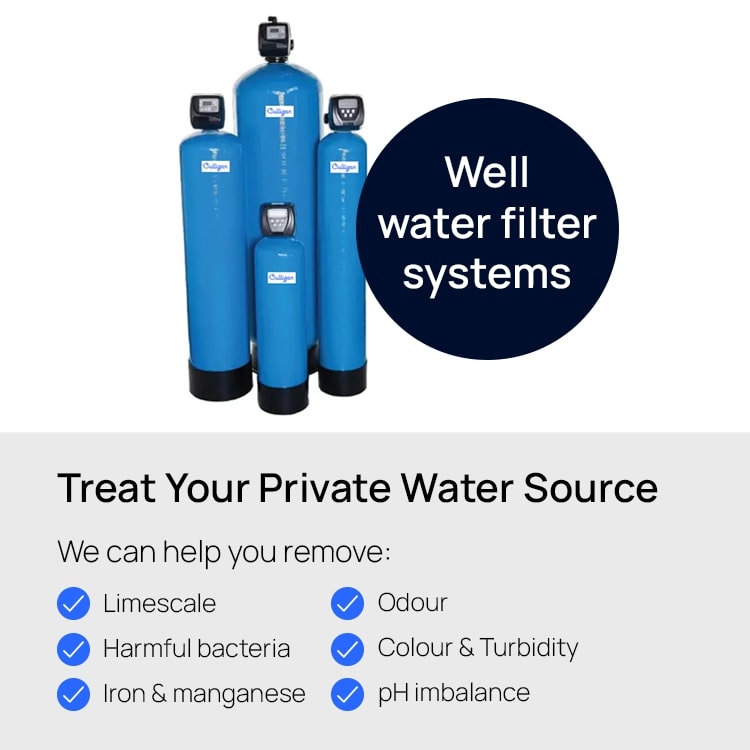
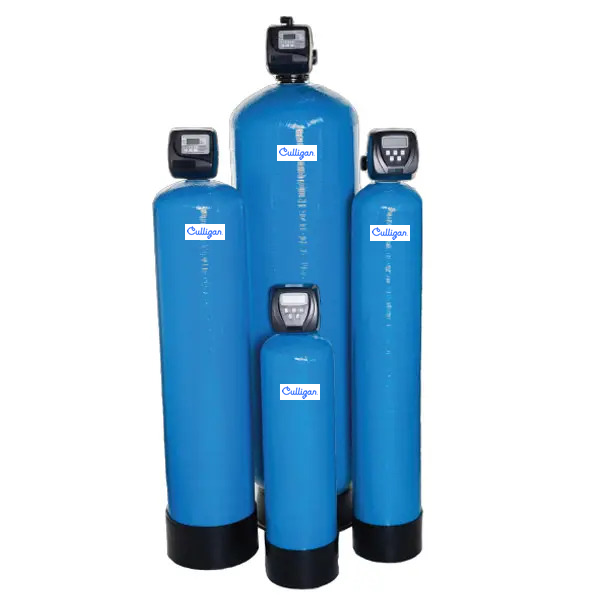
Well Water Filters
Well Water Filters
Many areas in Ireland are not connected to a public scheme. With water charges already an issue for business & commercial clients, and now also for domestic water users, more & more people are turning to well water and rainwater harvesting for their needs.
However, it is important to be aware of the risks posed to water coming from private wells. Soil protects to an extent but if your well is shallow, it is vulnerable to contamination. Quality of well water can also vary throughout the year depending on climatic conditions such as heavy rainfall or dry spells.
Well water or any other type of naturally sourced raw water in Ireland can leave the end-user with many different issues. From excessive lime in water, unpleasant smells, and bacterial contamination to leaving stains on your clothes, and fixtures, the problems are endless.
Furthermore, the quality of water coming from natural sources cannot be regulated, it becomes your responsibility to ensure you are using clean and safe water.
Our Range of Specialist Well Water Filter Systems
Here at CWS, we supply a wide range of well water treatment systems including water softeners, iron & manganese removal units, ultraviolet lights, pH balancing units, sulphur removal systems, and many more. Our specialist well filtration systems improve the water quality in your premises, and also provide pure clean drinking water by removing existing contaminants in water.
-
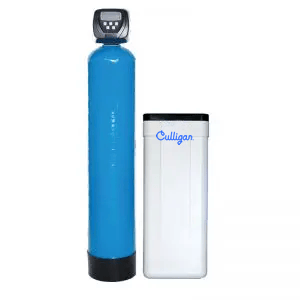
Limescale Removal
Learn MoreHard water is almost certainly found in most borehole wells. Remove excessive hardness present in your water and prevent the damage caused by limescale buildup on your water-using appliances & pipes by installing a water softening system for your well.
-
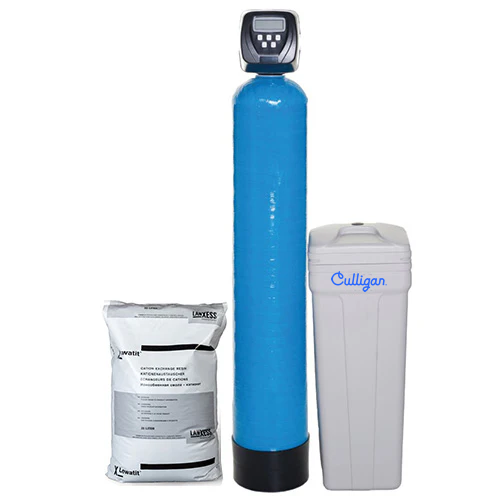
Iron & Manganese Removal
Learn MoreGet rid of brown or black water coming in your home from your well by choosing iron and manganese removal filters. Our advanced filtration systems are a cost-effective way to eliminate stains caused due to excessive iron or manganese in the water.
-
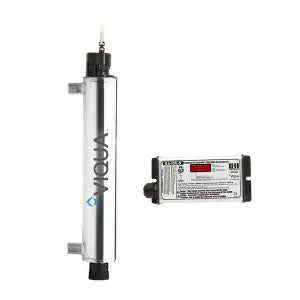
Harmful Bacteria Removal
Learn MoreSafeguard your family’s health and drink water with confidence when you install a bacteria removal system. Our ultraviolet lights use UV technology to disinfect the water in a chemical-free way killing all the harmful microorganisms.
-
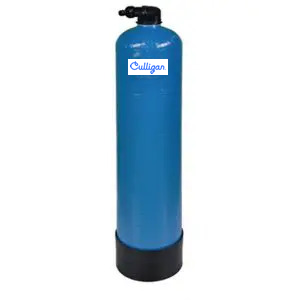
Odour Removal Systems
Learn MoreDo you notice a strong musty smell of rotten eggs coming out of your water? Remove the unpleasant smell of hydrogen sulphide and potential damage to your plumbing fixtures by treating your water with our odour removal systems.
-
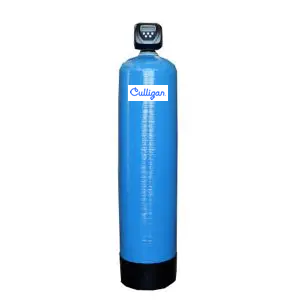
Colour & Turbidity Removal
Learn MoreIf your water appears to be cloudy & aesthetically unappealing, it may pose serious health risks by providing shelter to microorganisms in water. Remove suspended particles, colour, and excessive turbidity from your water.
-
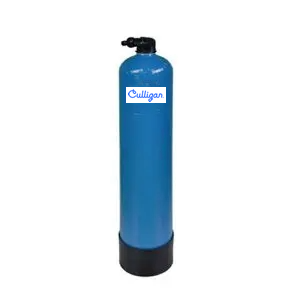
pH Correction
Learn MoreNeutralize the pH imbalance in your water, prevent corrosion of pipework, and remove blue-green stains from your plumbing fixtures with pH correction systems. Our treatment systems employ the use of a neutralizing media, composed of limestone.
Why Choose Celtic Water Solutions for Well Treatment?
As a first step to treating your private water supply, we recommend talking to water quality experts at Celtic Water Solutions. We usually suggest a laboratory-based chemical and microbiological analysis to identify the types and levels of any contamination that need to be addressed. No matter what problem you have with your water, we are confident in our ability to deliver a custom solution based on your water test results.
Over the years, we have established ourselves as a leader in well water filter systems in Ireland. We offer a comprehensive range of water testing, treatment, and laboratory analysis solutions. Our experts can provide advice and full support to help you identify the most appropriate treatment solution for your private water supply.
Get Started
-

Apply for Well Water Grant
Do I Qualify?Save up to €1000 on your well water treatment by availing well water grants. If your house is more than 7 years old & you do not have access to an individual or a group water scheme, you can qualify for this grant. To know more about well water grants, reach out to our expert team and we will be more than happy to assist you throughout the process.
Frequently Asked Questions
Why does a well get contaminated?
Why does a well get contaminated?
Public water schemes supply water treated by a plant and these supplies are regularly monitored to protect consumers from contaminants present in water. Generally, private wells and other sources do not receive the same services. Consequently, they are more prone to contamination by both naturally occurring sources and human activities. Pollution from nearby agricultural, industrial or routine animal activity can seep into your well water, thereby, affecting its fitness for consumption. Sources can include livestock wastes, septic tanks, leaks of industrial chemicals, fertilizers and pesticides on agricultural land, and many more.
Some of the most commonly occurring contaminants present in well water are:
- Hardness Causing Salts: Caused due to excessive calcium & magnesium in water, hard water can wreak havoc on your water-using appliances by building up a thick layer of limescale. This leads to increased utility bills, higher maintenance charges, and frequent breakdown of appliances such as electric kettles, washing machines, dishwashers, boilers, and showers.
- Microorganisms: Bacteria, viruses, and parasites can be found all over the planet. Leaks from septic tanks, human and animal sewage can make their way into a private well and cause illness and other health effects. Once the water has been contaminated, microbes can live in there for a long time even in extreme weather conditions.
- Heavy Metals: Heavy metals can leach into drinking water from old and corroded plumbing lines, industrial waste, and natural mineral deposits. People who consume high levels of heavy metals such as lead and arsenic risk acute and chronic toxicity, damage to internal organs, and cancer.
- Nitrates: Nitrates and nitrites can enter well water through chemical fertilizers and industrial pollution. Nitrate levels above established limits are dangerous to pregnant women, babies, elderly, and individuals with weak immune systems.
- Iron & Manganese: Iron & manganese often occur together in groundwater and impart a strong metallic taste to water. Water coming from wells or springs with high iron or manganese may appear colourless initially, but orange-brown (iron) or black (manganese) stains quickly start to appear as water is exposed to oxygen.
- High Acidity: In general, water with a pH that is lower than 7 is considered acid water, with lower numbers being increasingly acidic. If your water has low pH, you may see blue-green stains on your faucets, as well as on bathtubs and sinks. Water with a pH of less than 6.5 is corrosive and has the potential to damage your plumbing fixtures.
What are Local Authority Well Grants
What are Local Authority Well Grants
Grants are available under the Rural Water Programme for the carrying out of improvement works to a private water supply (this means a water supply providing water intended for human consumption and domestic purposes that serves only one house).
The objective of the scheme is to provide assistance to households who are dependent on private individual well supplies and incurring capital expenditure.
Well grants can be availed for:
- Provision of a new well – Grant aid of 85% of the costs, subject to a maximum of €5,000
- Rehabilitation works – Grant aid of 85% of the costs, subject to a maximum of €3,000
- Water Treatment (UV, Filtration) – Grant of 100% of the costs, subject to a maximum of €1,000
For more details, visit think link: Local Authority Well Grants
What is a Well Grant
What is a Well Grant
A well grant is a grant for households in rural areas that are dependent on a private water supply (private well).
The grant provides financial assistance where households incur capital expenditure to drill a new well, upgrade an existing well and/or install a treatment system to ensure the water supply is wholesome and clean, or that the quantity supplied is sufficient to meet the domestic needs of the household.







